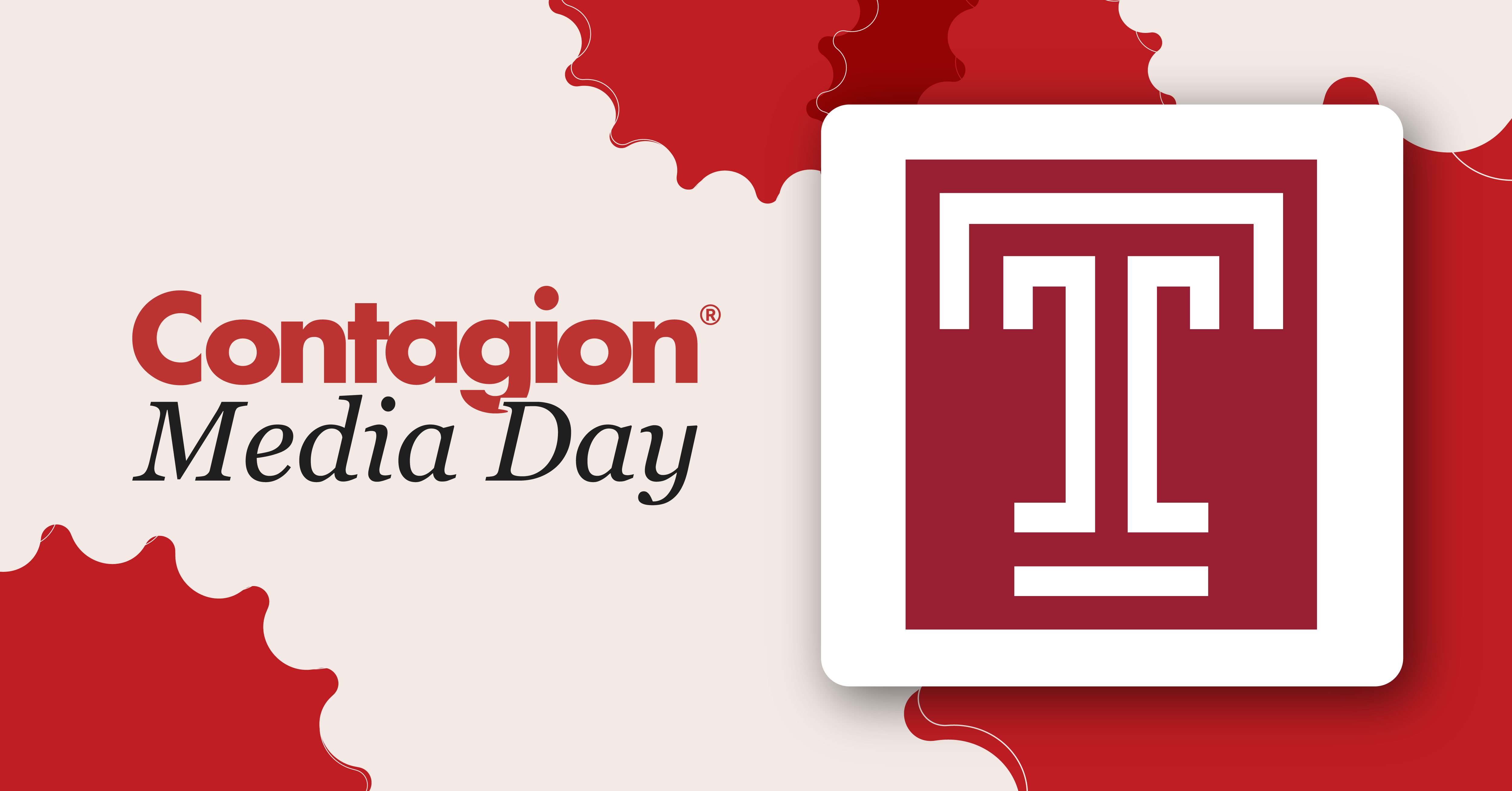Connecting the Care Dots for People With Substance Use Disorder

In the second part of her interview, Temple’s Stephanie Spivack, MD, talks about how she works with different specialties at the hospital to help this marginalized population receive the care they need.
The Kensington neighborhood of Philadelphia, Pennsylvania, is an area near Temple University Hospital and has been ground zero for the opioid crisis. Along Kensington Avenue, the ravages of the drug crisis can be seen firsthand as people with substance use disorder (SUD) can be seen living in tents along the street. And in recent years, the area has been an open-air drug market. The city and local medical institutions have been working to improve the area and help those in need.
Temple University Hospital and its Lewis Katz School of Medicine are on the front lines caring for people with SUD as well as conducting research about this health issue. For example, Temple’s
Stephanie Spivack, MD, associate program director of the fellowship program and assistant professor of clinical medicine at Lewis Katz School of Medicine at Temple University, was provided with experience for this type of care during her residency, and it is something she is still passionate about today. A lot of her research on this subject is focused on bacterial infections in people with SUD.
With intravenous drug use comes a host of health issues, including skin wounds, bacterial infections, and cardiovascular disease.
With many of these patients needing continuous care and with limited to no resources, Spivack works with different specialties at Temple to try to find creative ways to provide people with care, especially as there may be barriers for them to stay for their full treatment course.
"We try to make sure we have a backup plan in place. So if patients can't get IV [intravenous] antibiotics or the standard of care, we try to come up with an alternative. We coordinate with our community partners like Prevention Point to make sure there's a follow-up plan in place," she said.
"I think my favorite part of it is that I've gotten to work with people from all different departments. We work closely with addiction medicine, cardiology, surgery, [and] nephrology, and I've gotten to make lots of connections trying to improve care for that population.”
In tomorrow’s episode, Raven Boone, DO, will describe her fellowship experience at Temple.
Newsletter
Stay ahead of emerging infectious disease threats with expert insights and breaking research. Subscribe now to get updates delivered straight to your inbox.


































































































































